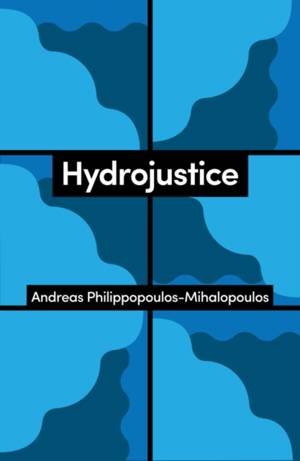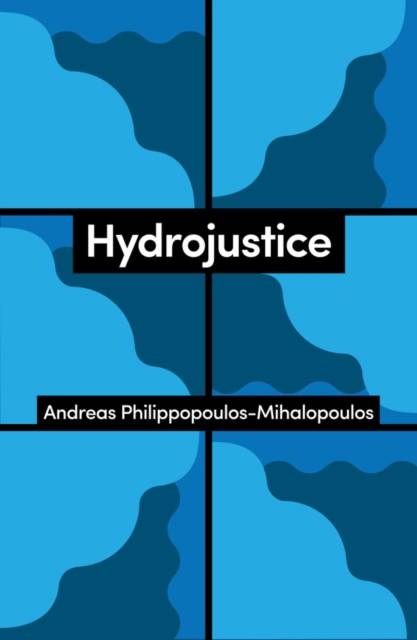
- Afhalen na 1 uur in een winkel met voorraad
- Gratis thuislevering in België vanaf € 30
- Ruim aanbod met 7 miljoen producten
- Afhalen na 1 uur in een winkel met voorraad
- Gratis thuislevering in België vanaf € 30
- Ruim aanbod met 7 miljoen producten
Zoeken
€ 17,45
+ 34 punten
Uitvoering
Omschrijving
This is a book about justice, but not as we know it. Andreas Philippopoulos-Mihalopoulos argues that justice is always hydrojustice - that is, always defined in relation to water, the element that constitutes and unites all bodies, human and nonhuman. Hence justice is not an ideal state reached through merely human procedures (legal, political, economic, etc.) but also a planetary one, always conjoined with the element of water that both constitutes and transcends the boundaries of the human. In short, hydrojustice is the just confluence of all bodies, human and nonhuman.
For the first time, this book brings questions of justice into line with the current literature on water. Up to now, justice has been understood as an anthropocentric affair, with most existing theories accepting and reinforcing the division between human and nonhuman. This book builds on feminism, ecology, posthumanism and the current Blue Turn in the humanities and social sciences, and puts questions of justice at their core.
What the book proposes, however, is not simply an ecological concept of justice. Rather, through examples taken from current affairs, science and the art world, it attempts a radical recalibration of what justice is. The book argues that hydrojustice is already here, part of our planetary condition, but it requires unearthing, in the double sense of revealing what is hidden and allowing earth to cede priority to the aquatic.
For the first time, this book brings questions of justice into line with the current literature on water. Up to now, justice has been understood as an anthropocentric affair, with most existing theories accepting and reinforcing the division between human and nonhuman. This book builds on feminism, ecology, posthumanism and the current Blue Turn in the humanities and social sciences, and puts questions of justice at their core.
What the book proposes, however, is not simply an ecological concept of justice. Rather, through examples taken from current affairs, science and the art world, it attempts a radical recalibration of what justice is. The book argues that hydrojustice is already here, part of our planetary condition, but it requires unearthing, in the double sense of revealing what is hidden and allowing earth to cede priority to the aquatic.
Specificaties
Betrokkenen
- Auteur(s):
- Uitgeverij:
Inhoud
- Aantal bladzijden:
- 140
- Taal:
- Engels
- Reeks:
Eigenschappen
- Productcode (EAN):
- 9781509561643
- Verschijningsdatum:
- 29/07/2025
- Uitvoering:
- Paperback
- Formaat:
- Trade paperback (VS)
- Afmetingen:
- 129 mm x 188 mm
- Gewicht:
- 181 g

Alleen bij Standaard Boekhandel
+ 34 punten op je klantenkaart van Standaard Boekhandel
Beoordelingen
We publiceren alleen reviews die voldoen aan de voorwaarden voor reviews. Bekijk onze voorwaarden voor reviews.








